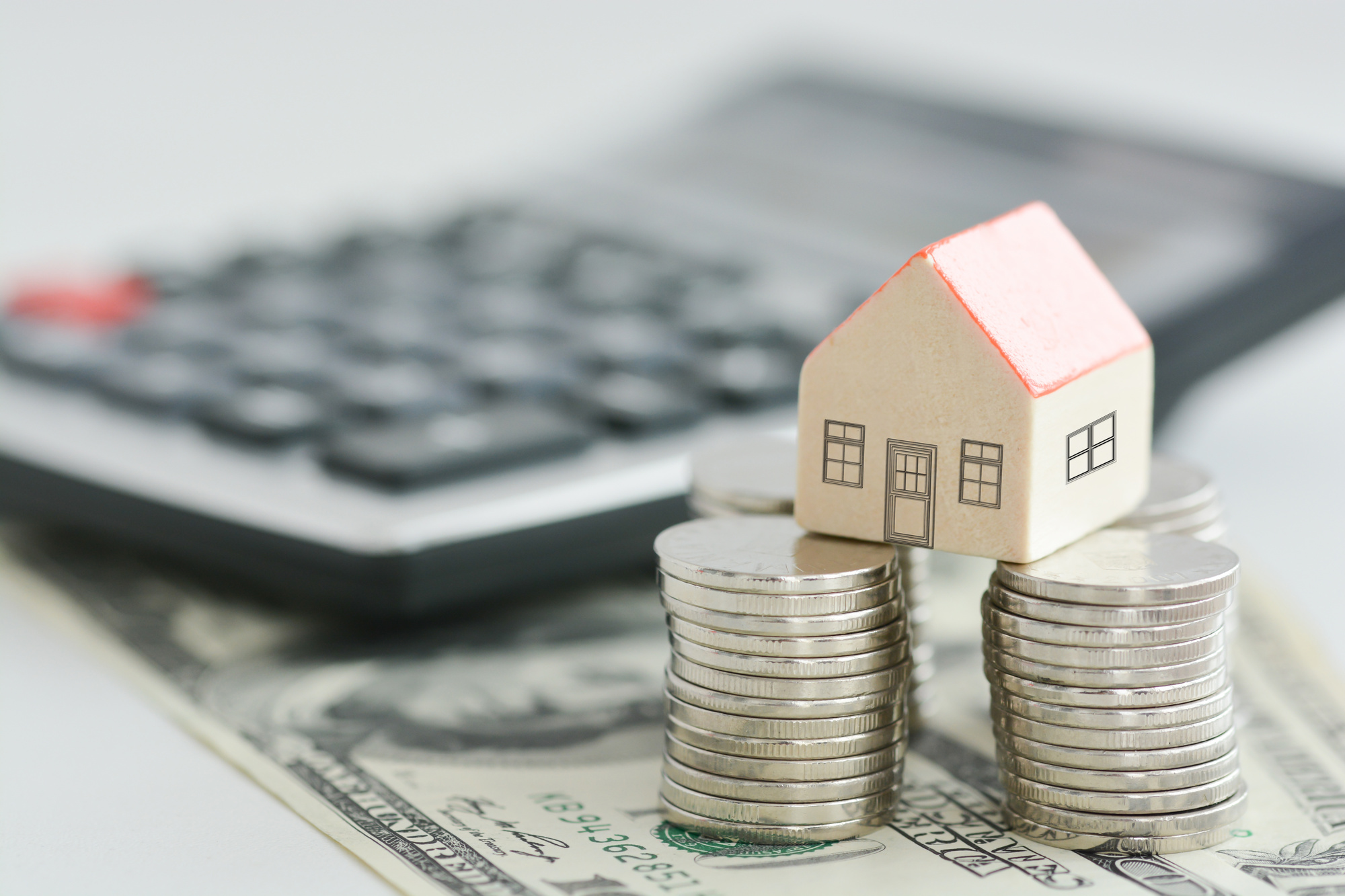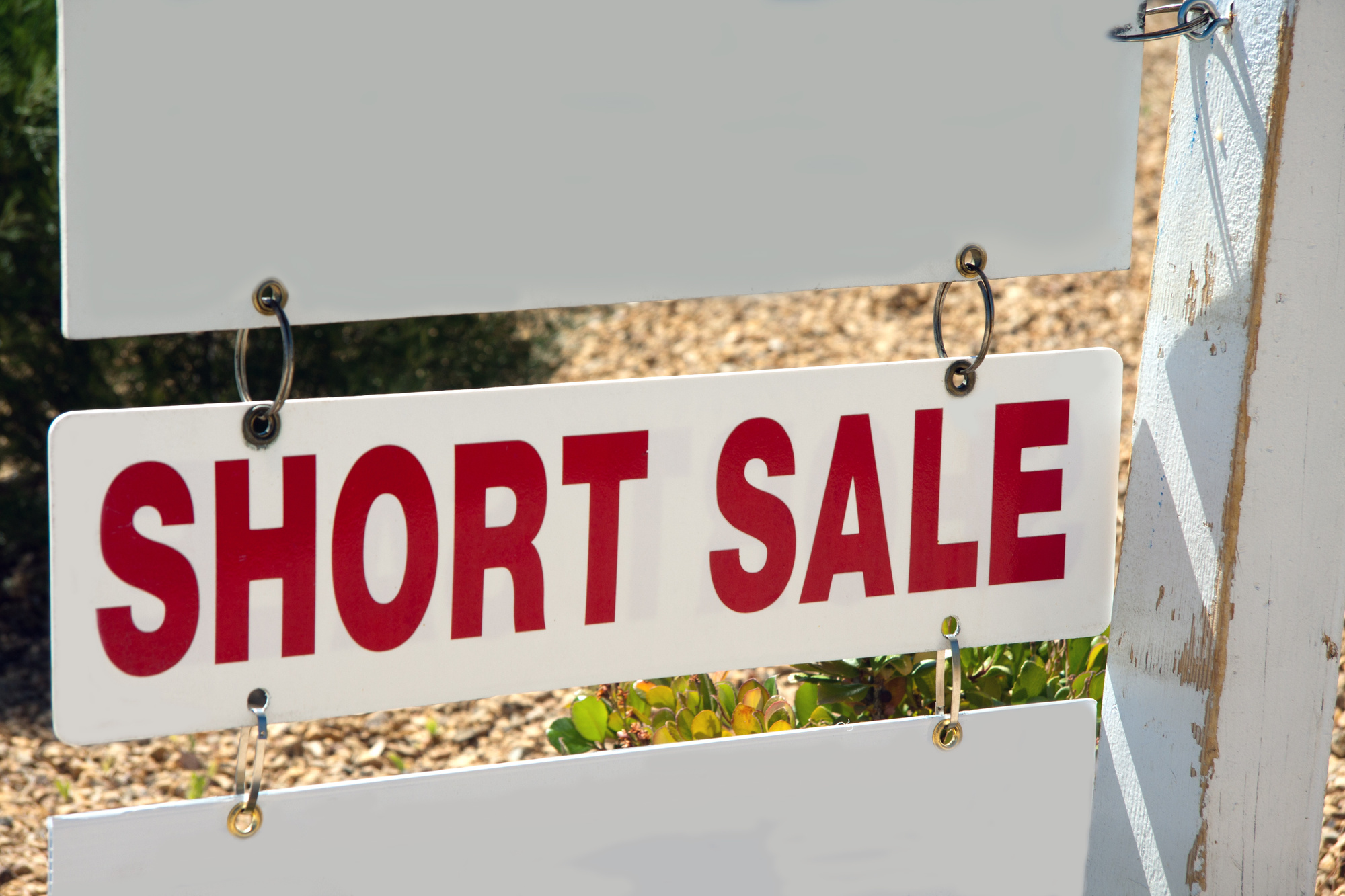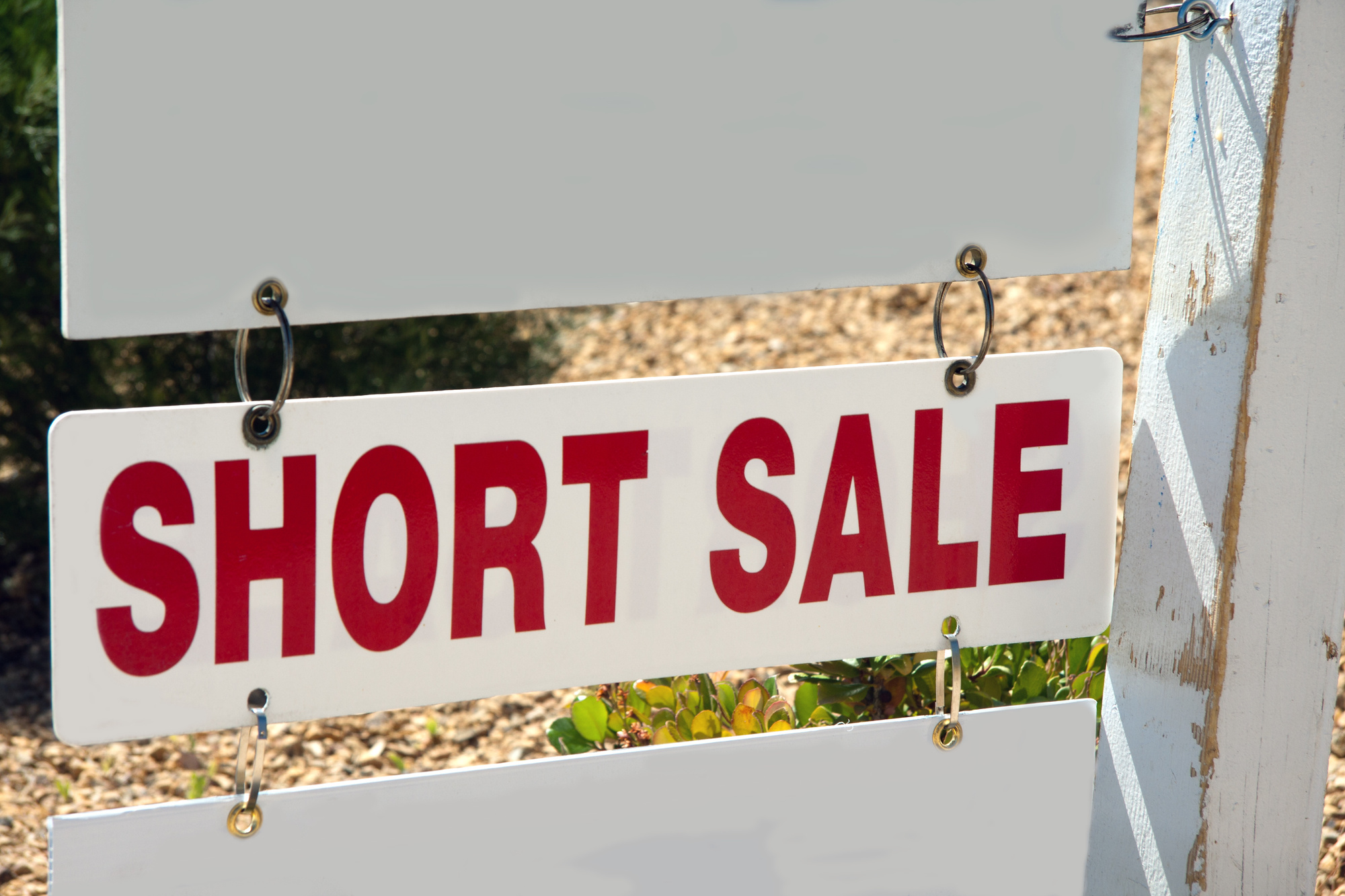Pros And Cons of a Short Sale in Real Estate Investing
Short sales and other types of distressed sales (foreclosures, bank-owned sales, etc.) make up about 12.5 percent of all home sales.
Some people think that short sales are a bad thing, but that’s not always the case. There are some definite benefits to them from an investment perspective.
If you’re considering buying a short sale home, keep reading.
Explained below are some of the pros and cons of a short sale for real estate investors. You’ll also learn more about the process and the best way to handle it.
What Is a Short Sale?
A short sale is a tool for distressed borrowers. Distressed borrowers are those who are behind on their mortgage and/or have a home that’s underwater (meaning it’s worth less than the balance on the mortgage).
When a homeowner short sells their home, they typically initiate the process. This is different from a foreclosure, where the bank informs the homeowner that they’ll be foreclosing on the house. Short sales still have to be approved by a lending institution before the homeowner can move forward.
Once the lender has approved the short sale, the homeowner will negotiate with a buyer to agree on a sales price for the house. Then, the lender will approve the purchase.
Many homeowners choose a short sale over foreclosure because short sales have less of an impact on the seller’s credit score (compared to foreclosure).
For more information on your credit score and credit repair, click here.
Pros and Cons of a Short Sale
There are pros and cons of short sales for homeowners, but they’re not the only ones with skin in the game. There are also pros and cons for investment buyers looking to purchase short sale homes.
The following are some pros and cons you ought to keep in mind if you’re considering buying short sale:
Pros
When you buy a short sale home, you can often get a good deal on a property. Because the homeowner and the bank both want to sell the home quickly, they usually offer it at a lower-than-average price.
There’s less competition for short sale homes, too. The short sale process is quite lengthy, and most people don’t want to wait around for it to be complete. There’s less of a chance that you’ll get caught in a bidding war for a short sale home.
Buying a short sale home is also much less risky than buying a foreclosure. Homeowners usually occupy their home while short selling it. Because they’re the ones handling the sale, they’re less likely to damage the property or neglect it.
Cons
When we say that the process of buying a short sale home is lengthy, we mean it. It takes several months — sometimes even up to a year — to get the sale finalized. Creditors have to approve the offer along with the seller, and the escrow process often takes much longer than average.
It’s important to note, too, that you might not always get a great deal with a short sale. Don’t just assume that you’re getting the lowest price possible. Sometimes, when the lender wants to recoup as much money as they can from the sale, they’ll raise the price of the home.
Often, short sale homes need a lot of work after they’re purchased. The owners might not have neglected or damaged it, but they also might not have taken as good of care of it as possible.
If someone is short selling their home because they’re in a difficult financial situation, they likely haven’t been doing as much maintenance as the average homeowner. There might be issues with the plumbing or the roof that require immediate attention and can be costly to fix.
Short Sale Tips for Investors
If you decide that you want to take on investing in a short sale home, you’ll need to be strategic. Here are some tips that will help you ensure you’re getting the best deal possible on a short sale home:
Do Your Research
Do plenty of research before choosing a short sale home in which you want to invest. Look at online listings and search courthouse listings to find short sales in your area.
When choosing a home, figure out how much is owed on it relative to its value. Look for homes where a high amount of money is owed — you’re more likely to get a good price on these homes as opposed to ones where the owner has lots of equity.
Ask About Liens
Be sure to ask the owner about liens on the home. Liens are payment agreements between a buyer and a lender.
Find out the lender that is the primary lien holder as well.
It’s a good idea to confirm the information about the liens by conducting a title search on the property first.
Figure out Your Finances
To speed up the short sale process, it helps if you know exactly how you’re going to pay for the investment property.
Do you have the cash ready to go? Have you been pre-approved for a loan?
If you can prove that you have the money and are ready to purchase, you’ll have a much easier time buying the house quickly and the right price.
Examine the Property
Finally, don’t forget to examine the property. Take a good look around it yourself to see if there are any obvious repairs needed.
Reserve the right to have the home professionally inspected, too. Make this a condition before you sign anything or agree to buy the home.
Learn More About Short Sales
As you can see, there are a lot of pros and cons of a short sale that you need to take into account before you dive in and invest in a short sale home.
Keep this information in mind (especially the tips on buying short sale homes) so that you can make the best investment choices for yourself.
Do you want to learn more about short sales? If so, be sure to check out the Short Sale section of our website today.
You’ll find all kinds of helpful articles here that will teach you everything you need to know about short sales from both the buyer and the seller perspective.









